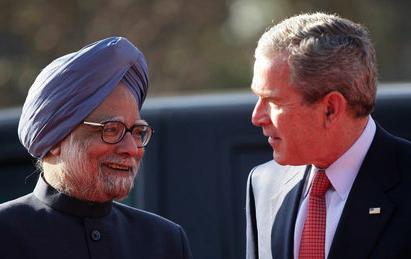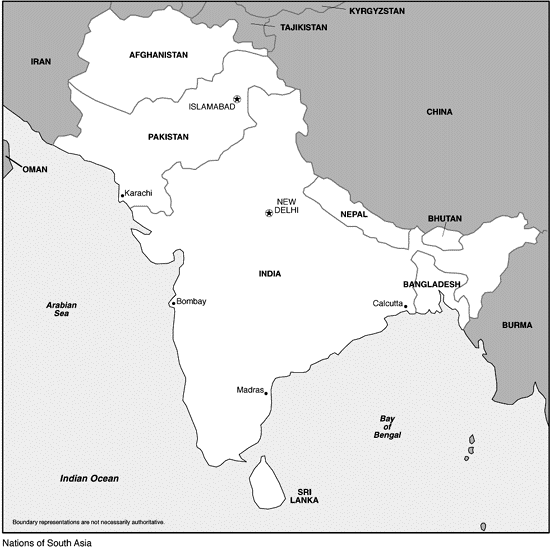
Sept. 23 (Bloomberg) -- India and the Bush administration won the backing of a key Senate panel to resume trade in nuclear fuel and technology between the two countries after more than three decades.
The Senate Foreign Relations Committee voted 19-2 today in favor of legislation to approve the U.S.-India nuclear cooperation agreement. The measure, which had the support of top Democrats and Republicans on the panel, moves to the Senate floor. The House of Representatives also is considering whether to grant its approval. More >>>









